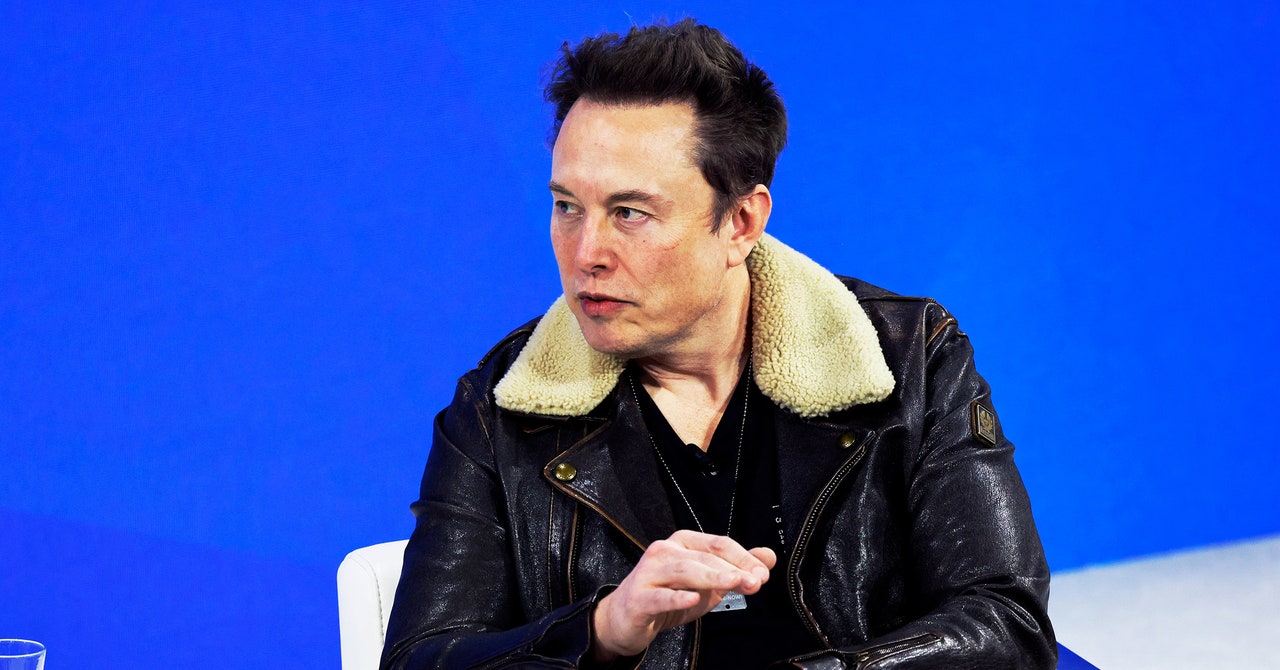
In October 2018, a UC Davis veterinarian approved Animal 13 for use in a Neuralink experiment. She was six years old when she received her Neuralink implants. According to her pre-project physical exam and echocardiogram, Davis staff did not observe any medical abnormalities prior to her surgery, only noting that she had superficial scratches on her lips and minor lip trauma as part of a “suspect pair fight.”
Beginning in November 2018, Animal 13 was regularly sedated with ketamine and hooked up to scientific instruments for “neuro recordings.” After one of these sessions the following month, Davis staff observed that the skin near the implants felt warm to the touch, the records show.
Over the next three months, her implants became infected. She was euthanized in March 2019. Her autopsy notes “numerous bacterial cultures” and evidence of brain swelling.
A doctoral candidate who conducted research at Davis’ California National Primate Research Center (CNPRC) told WIRED in September that, in their view, “there’s no real indication that these animals were terminal, and in fact, their age suggests that they weren’t.” The doctoral candidate added that, without more information, there was “there’s no real way” they could be certain.
A “scope of work and budget” document between Neuralink and UC Davis reviewed by WIRED lends some legitimacy to Musk’s claims that certain animals may have been terminal prior to their surgeries. The document details the amounts that Neuralink was to pay for UC Davis labor, equipment, and primates at each phase of its experimentation at the university. “The first stage of this work will be to test and refine our implantable devices,” the document reads, describing these tests to be performed “ideally with culled animals.”
While the document goes on to describe the six adult rhesus macaques who were to undergo these “terminal procedures” during this phase as being “in robust health,” the doctor WIRED spoke to points out that the budget indicates that this group of monkeys was discounted “because they are animals that are considered terminal,” they say.
However, the doctor explains that because animals 11 and 13 were meant to survive their initial implantation surgery, they were likely not part of this phase of Neuralink’s experimentation.
Neuralink did not respond to a request for comment for this article or any of our previous coverage of the experiments at Davis.
This week’s letter from the Physicians Committee marks the second time the organization has written to federal regulators asking for a securities fraud investigation into Musk’s comments about Neuralink’s monkeys. After Musk made similar statements about the Neuralink experiments in a post on his social networking app X (formerly Twitter), the organization wrote to the SEC alleging that the Neuralink CEO was deliberately misleading investors. Four members of the US House of Representatives have also asked the SEC to look into these claims of whether Musk committed securities fraud.
“When dealing with alleged animal welfare violations as egregious as those leveled against Musk, there needs to be greater urgency to hold him accountable,” US representative Earl Blumenauer told WIRED in a statement last month.
Last week, the SEC told Blumenauer that it could not confirm or deny whether it is investigating Musk’s comments.
“Musk has continued to make misleading and false claims about experiments conducted on monkeys by Neuralink,” the Physicians Committee letter alleges. “We urge the SEC to investigate this matter and penalize Neuralink and Musk appropriately.”

